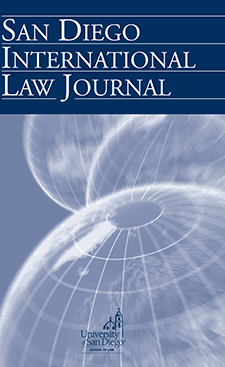Thésaurus multilingue du foncier
En 1999, la FAO publiait la première version française du Thésaurus multilingue du foncier. Cette version avait surtout pour vocation d'être mise à l'épreuve du terrain, c'est-à-dire soumise aux critiques constructives tant des usagers à la recherche d'informations et d'éclairages nouveaux que des experts du foncier. En effet, sur le fond comme sur la forme, sont apparus un certain nombre de points forts mais aussi des lacunes, relevés depuis 1999 par l'équipe des rédacteurs et par de nombreux autres spécialistes du foncier.





